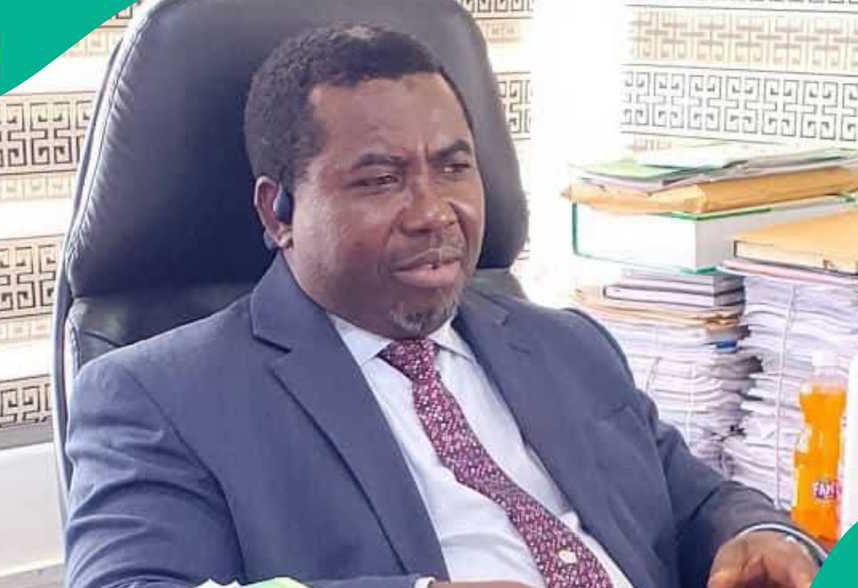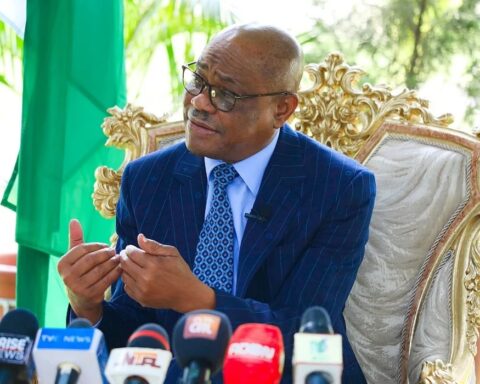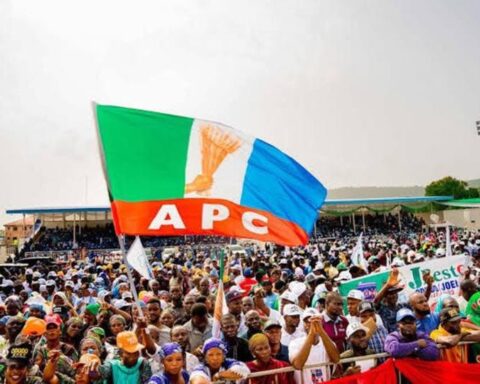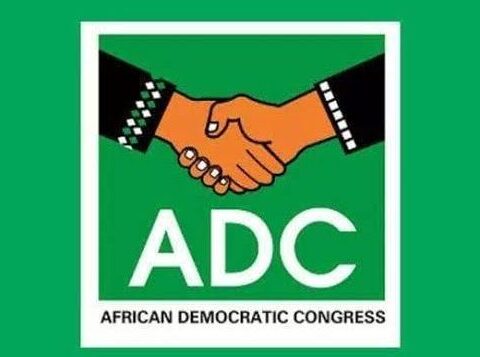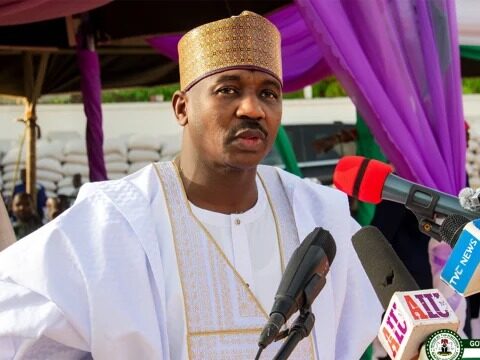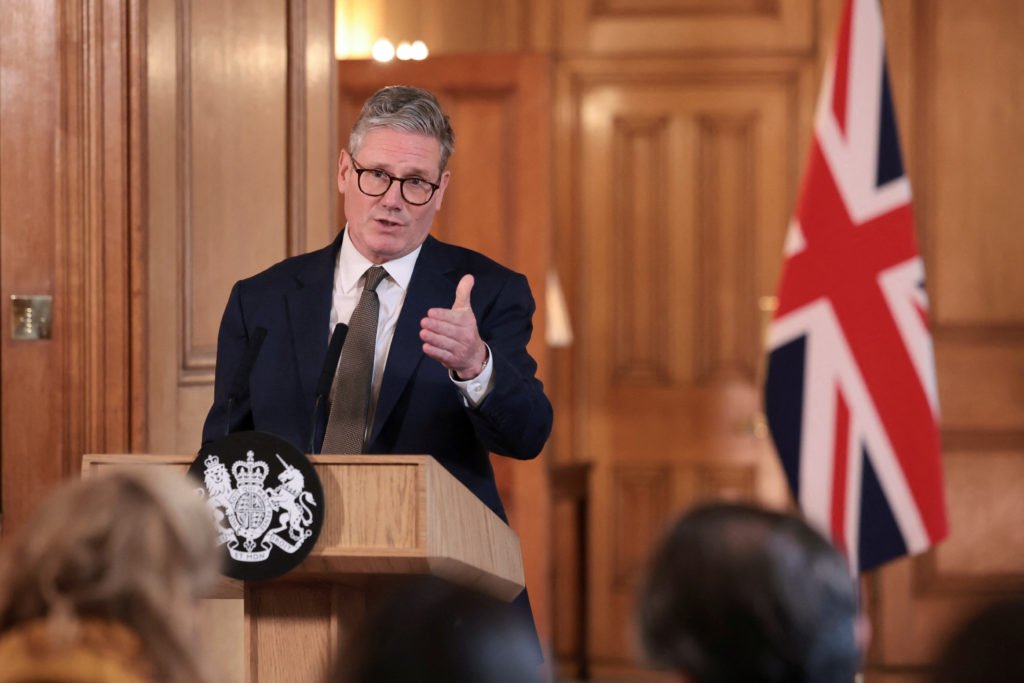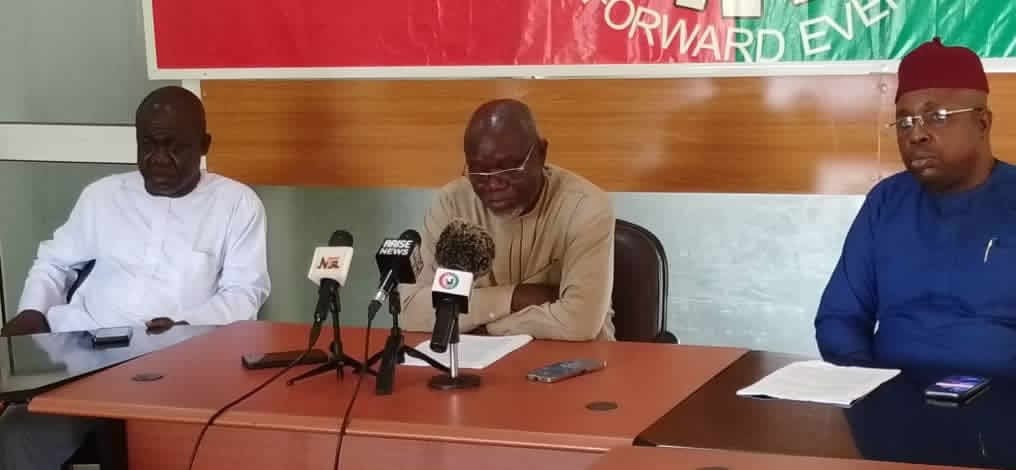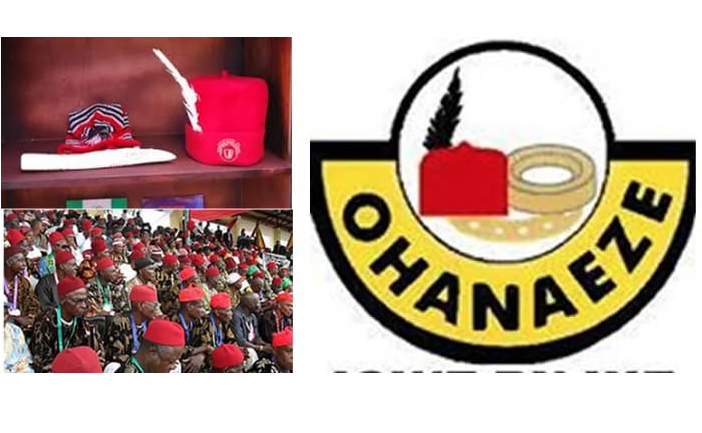By Tony Onyima
When President Bola Ahmed Tinubu swore in Prof. Joash Ojo Amupitan (SAN) as the sixth substantive Chairman of the Independent National Electoral Commission (INEC) on October 23, 2025, his charge was both clear and solemn: serve with integrity and be beyond reproach.
In less than three weeks, the new electoral umpire will face his baptism of fire — the November 8 governorship election in Anambra State. For Prof. Amupitan, a 58-year-old professor of law and Senior Advocate of Nigeria, this is not just another state election.
It is a defining national trial — one that will measure his capacity, credibility, and courage. And as President Tinubu himself observed, the Anambra poll “will serve as a litmus test” for the new INEC leadership.
Prof. Amupitan succeeds Prof. Mahmood Yakubu, who presided over INEC for ten eventful years (2015–2025). Yakubu’s tenure saw major reforms — from the introduction of the Bimodal Voter Accreditation System (BVAS) to the digital Results Viewing Portal (IReV) — innovations that changed the conduct of elections in Nigeria.
Yet, those reforms also came under fire during the 2023 general elections, when delays, system glitches, and allegations of irregularities cast long shadows over INEC’s credibility. Public trust in the commission has since wavered.
Against this backdrop, Amupitan assumes office with a double challenge: to consolidate the gains of reform and to restore faith in Nigeria’s electoral system. During his Senate confirmation on October 16, he pledged to “rebuild confidence in INEC, strengthen institutional independence, and ensure that every vote counts.”
The Anambra election — coming just weeks into his tenure — will prove whether those words are mere rhetoric or a genuine road map. Anambra State has long been Nigeria’s political laboratory — a cauldron of reform, resistance, and resilience.
Since 1999, the state has produced some of the most intriguing political sagas in the country’s democratic journey: Dr Chris Ngige’s 2003 mandate crisis, Peter Obi’s legal victories that reshaped electoral jurisprudence, and Willie Obiano’s consolidation of APGA’s local dominance.
Today, the state is under the leadership of Prof. Charles Chukwuma Soludo, an economist of global repute and governor elected on the platform of the All Progressives Grand Alliance (APGA) in 2021.
His party, APGA has become synonymous with Anambra’s political identity. But this November, APGA’s dominance is being challenged by the All Progressives Congress (APC), the Labour Party and the Young Progressive Party (YPP). APC, boastful of the federal government’s support, has declared its intention to “take Anambra State.”
On paper, the governorship election is a three-way contest between APGA, APC, and YPP. But the campaigns so far have shown that APGA, buoyed by Soludo’s impressive performance, is poised to win with clear margins.
Governor Soludo, widely seen as the front runner, has made credibility the recurring theme of his campaign statements. In his words: “The peace and progress of Anambra depend on the legitimacy of our elections. Democracy thrives only when the people’s voices are heard and respected.”
He has repeatedly called on INEC and the security agencies to guarantee a free, fair, and peaceful poll, warning that the sanctity of the process matters more than the outcome. On the other side, APC leaders have been unrelenting in their ambition.
Several chieftains have openly declared that the party is “determined to take Anambra,” citing the need for the state to align politically with the federal government. Their confidence seems to be matched by the open confession of its flagbearer that he will rig the election.
This sharp contrast — between APGA’s call for fairness and APC’s determination to capture the state — frames the delicate balance that INEC must manage under Prof. Amupitan’s leadership.
In his remarks at the swearing-in ceremony, President Tinubu spoke not just as head of the executive but as custodian of Nigeria’s 25-year democratic journey. “Our democracy has come a long way,” he said.
“To ensure that it continues to flourish, the integrity of our electoral process must be beyond reproach. All aspects of the process — from registration to campaigning, media access, voting and counting — should be transparent, non-violent, and credible.” Tinubu’s emphasis on integrity reflects both political necessity and democratic symbolism.
With international observers, civil society groups, and the media watching closely, a credible election in Anambra would boost his administration’s legitimacy and reinforce confidence in Nigeria’s electoral institutions. Conversely, a flawed poll — marred by violence, poor logistics, or bias — would reignite public cynicism and raise uncomfortable questions about whether Nigeria’s democracy is advancing or merely enduring.
INEC under Amupitan must navigate a landscape fraught with familiar challenges — logistical delays, misinformation, voter intimidation, and insecurity in parts of the Southeast.
To his credit, the new chairman has already ordered an internal review of the commission’s logistics operations and retraining of ad-hoc staff.
The commission has also upgraded its IReV portal and recommitted to the use of BVAS for accreditation and result transmission.
But as the 2023 experience showed, technology is only as credible as the humans operating it.
Nigeria’s elections have repeatedly demonstrated that the greatest threat to credibility is not malfunctioning devices, but compromised personnel and weak enforcement.
Prof. Amupitan’s task, therefore, is as moral as it is managerial — to instil discipline within INEC and to convince Nigerians that neutrality is possible, even in a polarised system.
Security analysts warn that the threat of violence, though reduced, still lingers.
Political thuggery, fake news, and vote-buying remain potential disruptors. Civil society groups like Yiaga Africa and the Transition Monitoring Group (TMG) have urged INEC to deploy early-warning systems and improve communication with stakeholders.
At the same time, the enthusiasm of Anambra’s electorate offers a ray of hope. With a highly literate population and a history of political activism, voter awareness remains relatively high.
The youth vote and the new community enthusiasm could play a decisive role, provided apathy does not creep in. For Amupitan, ensuring security without militarisation will be key.
The commission’s collaboration with security agencies must strike a balance between maintaining peace and protecting civil liberties.
Why does the Anambra election matter beyond the state’s borders? Because it will signal the direction of Nigeria’s democracy under new electoral leadership.
A credible process will reassure citizens that reforms are not cosmetic. A flawed one could plunge public trust into a deeper crisis.
Moreover, Anambra 2025 offers a preview of the road to 2027 — the next general election cycle. Success here would strengthen INEC’s institutional confidence; failure would embolden those who believe Nigeria’s elections are irredeemably compromised.
It is, therefore, not just Prof. Amupitan who is on trial, but the credibility of the entire democratic enterprise.
For Governor Soludo, this election doubles as a referendum on his stewardship and his party’s continued relevance. For Prof. Amupitan, it is an initiation into the hard realities of Nigerian politics — a terrain where moral conviction often collides with partisan pressure.
He will face temptations and tests: politicians seeking influence, civil groups demanding transparency, and millions of Nigerians yearning for fairness.
His success will depend not merely on administrative competence but on moral fortitude — the courage to say “no” when expediency beckons.
If he delivers a free, fair, and peaceful election, he will have restored faith in INEC and written his name in gold. If he falters, he risks reinforcing the narrative that Nigeria’s democracy remains a work in regression.
As Anambra heads to the polls on November 8, 2025, one truth stands out: this is more than a state election. It is a test of systems, character, and institutional memory.
President Tinubu’s parting words — “Serve with integrity and beyond reproach” — now hang over Prof. Amupitan like a sacred oath. How he manages this first major test will shape not only his tenure but the public’s faith in Nigeria’s democracy.
In the end, the true verdict will not be delivered at polling units or in tribunals, but in the hearts of Nigerians who have seen too many promises of reform broken. Once again, Anambra stands at the crossroads of history — and so does INEC.
Dr Onyima is a former Commissioner for Information, Culture, and Tourism in Anambra State.
